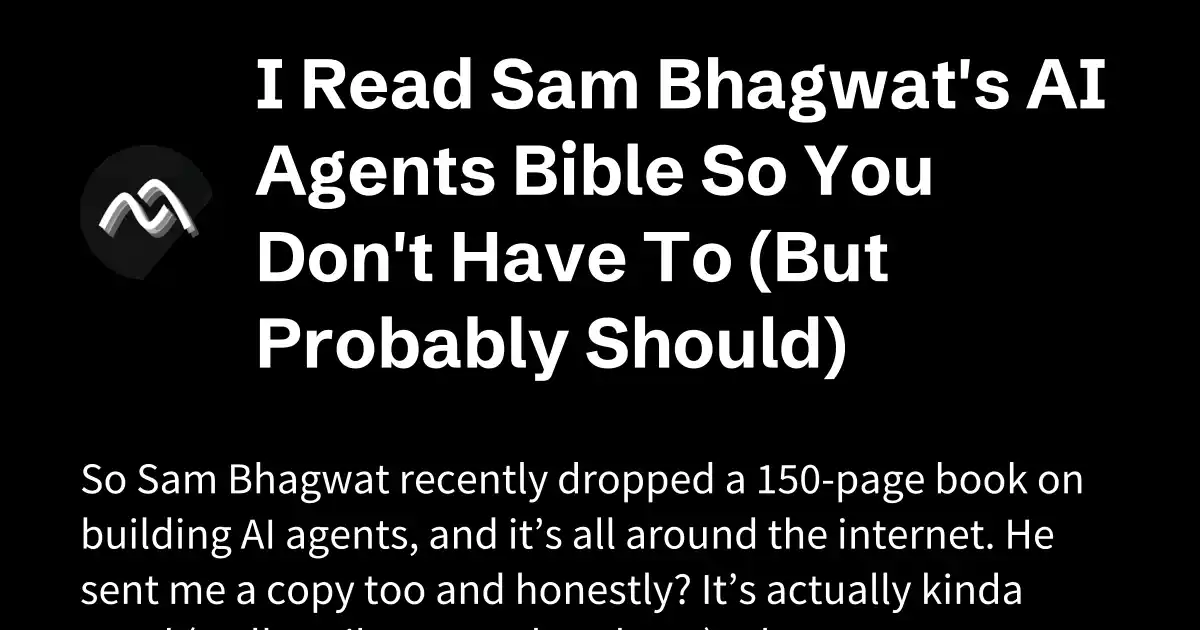Last month I wrote a post about my intention to get off US tech platforms and services. I’d been considering it for a while, and even taking small steps in that direction, but the alliance between Silicon Valley and Donald Trump, paired with the growing threats from the United States, finally made me take the plunge.
I’m planning to publish a longer list of alternatives for others who want to start shifting away from US tech companies in the near future. But before that, I wanted to provide an update on how things are going. The truth is that getting off the tech services most of us have come to rely on is (probably unsurprisingly) a challenging task because there’s only so much an individual can do to push back on structural forces and a purposeful limitation on the choices available to us.
Let me be clear: it’s not all hard. There are some things that are incredibly easy to move. I abandoned Gmail several years ago in favor of ProtonMail (CH) and see no need of going back. I’ve also started using Proton’s Drive, VPN, and password manager services, and have been experimenting with its Calendar and Docs options too.
Shifting browsers was also easy. Safari has been my main browser since I started using iPhones and Macs many years ago. Now I’m mostly using Vivaldi (NO) and rarely feel the need to open up Safari or Chrome. The same goes for web hosting. My domains and hosting used to be on US providers (primarily Namecheap), but I’ve almost finished shifting it all over to FullHost (CA). Most countries will have their own high-quality, domestic hosting options too.
I’d consider those services some of the low-hanging fruit of getting off US tech. I’m planning to shift all my Notes and Reminders soon, likely to Todoist (DE), and have been trying alternative productivity software to replace Microsoft Office too. I already write most of my articles in Ulysses (DE) and have been trying out LibreOffice (DE), though I still find myself regularly being sent Google Docs to collaborate on. I’m not yet sure what I’ll do about that.
For those outside the US, there are often pretty solid non-US video and music streaming options, depending on what you’re looking for. I dropped Apple Music for Deezer (FR), and have been checking out Crave (CA), CBC Gem (CA), the National Film Board’s service (CA) in Canada, not to mention Mubi (UK) for more international independent film (though even that now has some questionable backers). There are surely similar local options in your own country, but not every category of digital services offers so many convenient and capable options.
One of the first things I sought to replace was Google Maps, but I have to admit it’s proven surprisingly difficult. I started by trying Here WeGo (NL), which is probably the closest and most capable non-US mapping and navigation option I’ve tried. But even then, I found frequent errors not just in street names, but big holes in the business information too. It also doesn’t work on the dashboard in CarPlay, at least for now, for those looking to use it for in-vehicle directions. So I started trying out others: TomTom Go (NL; sub required) is only good for driving directions but does work in the CarPlay dashboard, Transit (CA) is great for transit directions, and the OpenStreetMap (UK) network will give you good walking and biking directions. But then you’re cobbling together a whole series of apps just to try to replicate one, and you’re still going to be missing out on the (mostly accurate) business hours and information Google has built up over the years.
Search, social media, and messaging aren’t easy either. I’ve just accepted that I’m keeping Signal, WhatsApp, and Discord for different reasons, and several US-based social media platforms are hard to abandon too, even though I’ll also stay on Mastodon (DE). There are non-US search engines — I’ve been using Qwant (FR) and Ecosia (DE) — but they’re never as good as even Google’s increasingly degraded search results. Plus, they’re almost always pulling their results from Bing or even Google itself. The two companies are working together to build a European search index, but it remains to be seen how well that will work in practice. Right now, I’m using Qwant for simpler searches, and end up back on Google for more complex queries.
I haven’t lost my resolve to get off US tech, but the effort has shown me how an individual, especially one who isn’t going to code their own alternative — which, some people need to be reminded, is the vast majority of web users — is going to have a hard time doing this on their own. Collective efforts to achieve digital sovereignty are essential, and that requires deploying serious funding to develop alternate digital services and platforms — not to mention other layers of the tech stack — so people have real, convenient options to leave our web overlords behind.
Feel free to share your experiences getting off US tech in the comments. More on mine soon, including more recommendations!
.png)




